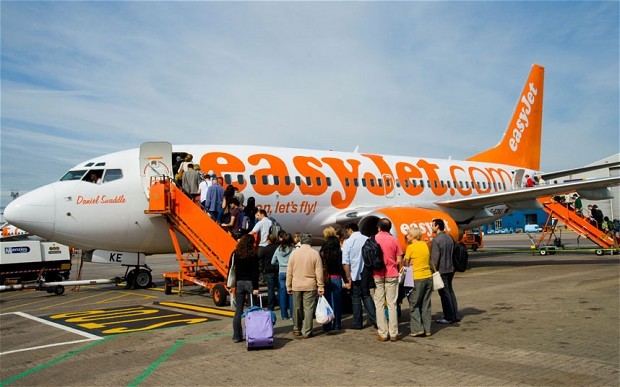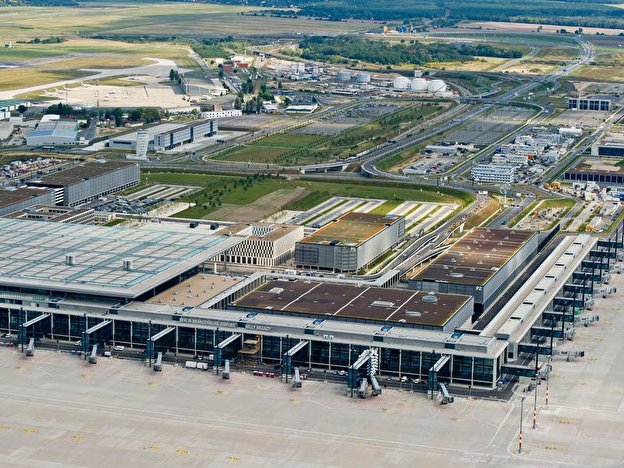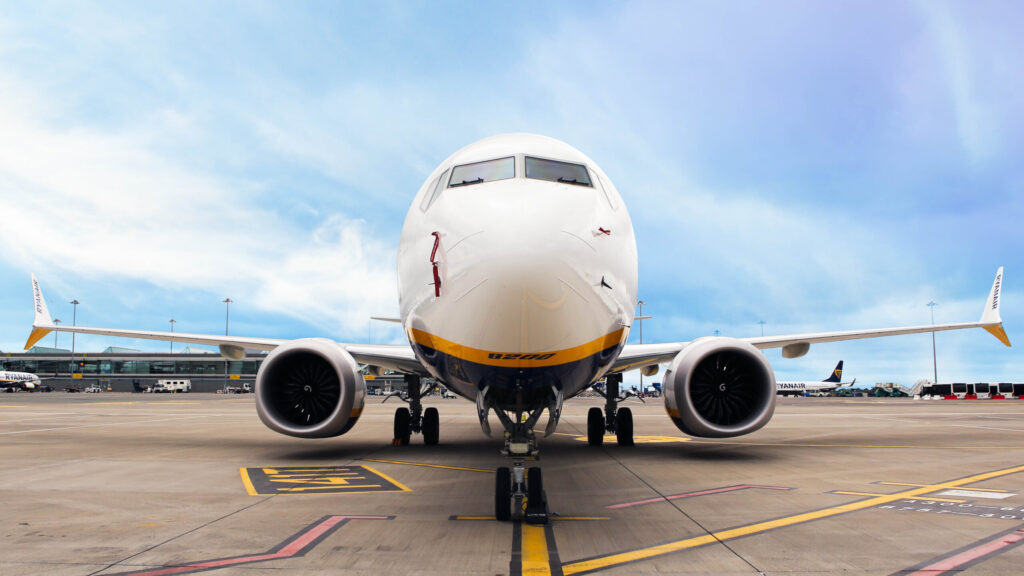easyJet will resume almost three-quarters of its routes in Germany by August. The airline is planning to operate up to five aircraft from Schönefeld and up to four from Tegel. This means that 39 routes will be flown in the first half of July. This should increase to around 50 routes in the course of the summer.
Customers have the choice between flights to city and beach destinations. These include the metropolises of Barcelona, Paris and Amsterdam. Crete is also on the programme for the first time in Germany. Other sunny destinations such as Tenerife, Faro and Fuerteventura also entice travellers from Germany.
Stephan Erler, Country Manager Germany at easyJet: “We are pleased to be able to finally get started again. To begin with, our destinations will be those in high demand, for example, the Greek Islands, Bulgaria, Croatia, Italy, as well as the Balearic Islands/Canary Islands and mainland Spain. City destinations such as Paris, Amsterdam, Basel, London, Copenhagen and others are gradually being added. We recommend that all guests use our booking platform at www.easyJet.com to find out about the choice of destinations to fascinating places in Europe as well as the current processes on board.”
Prof. Dr. Ing. Engelbert Lütke Daldrup, Chief Executive Officer of Flughafen Berlin Brandenburg GmbH: “We are pleased that our largest customer is back in Schönefeld and Tegel with almost 40 connections. The airline is once again connecting the capital region with Europe with this wide range of offers. Major European metropolises are once again reliably accessible and flights are flying to Europe’s popular holiday regions once more. This is important and good for the airport location, the economy and tourism in the region.”
The new hygiene measures already announced continue to apply. These include additional cleaning and disinfection procedures for aircraft cabins. They complete existing everyday aircraft cleaning procedures. Each aircraft is subjected daily to a disinfection process that provides surface protection against viruses for at least 24 hours.









